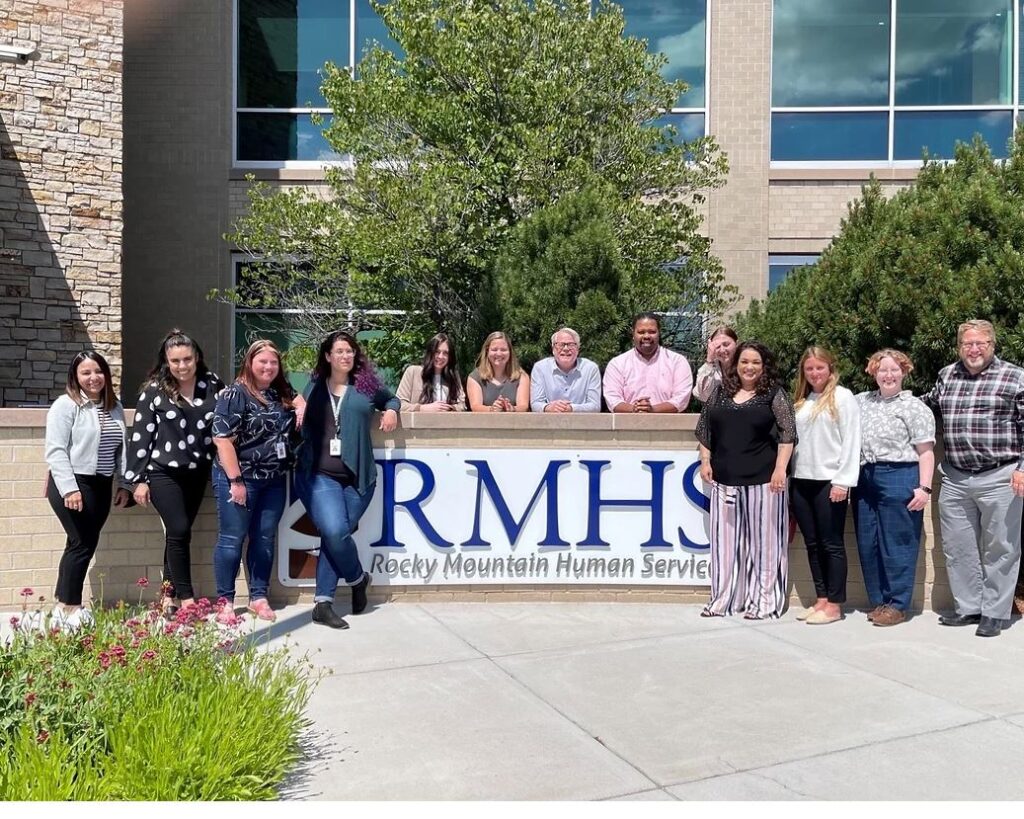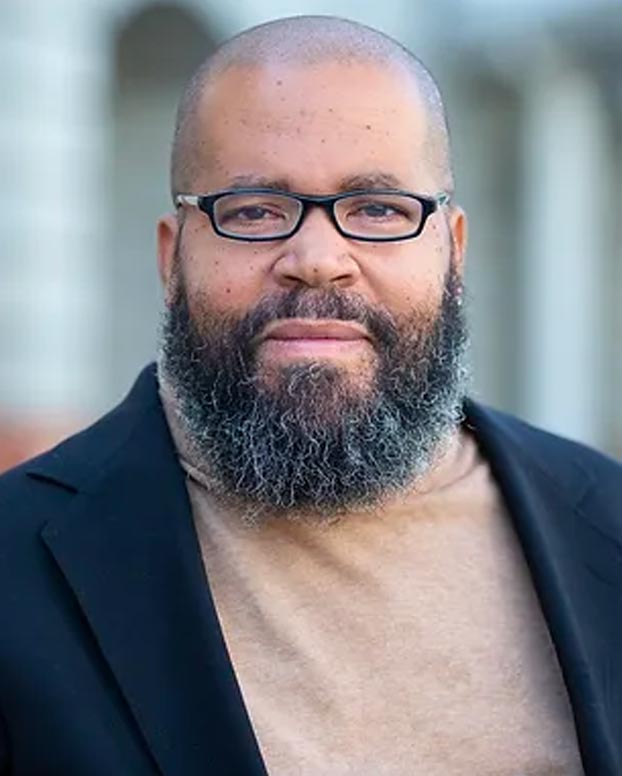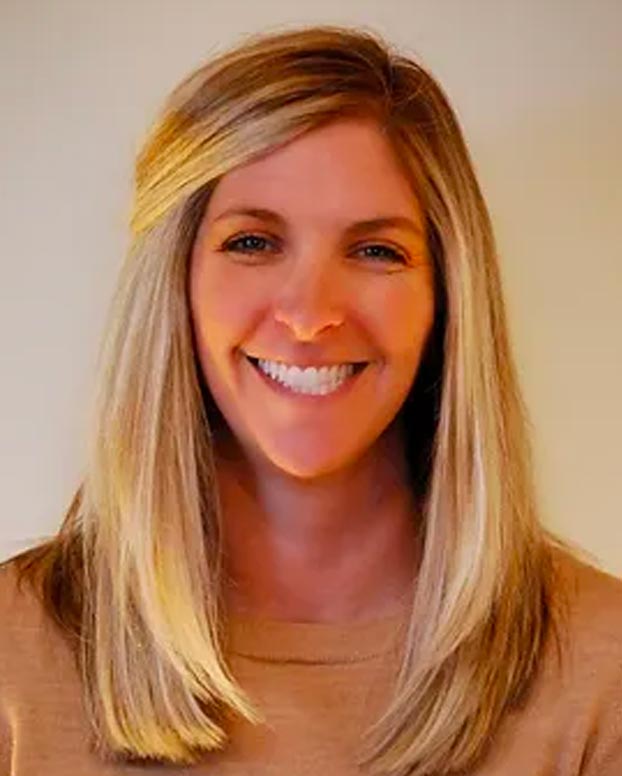An Update on the Denver START Program
February 17, 2023

Denver START’s successes mean better mental health care for those with I/DD in the Denver community
In September 2022, RMHS collaborated with the National START (Systemic, Therapeutic, Assessment, Resources and Treatment) Services team and Denver Human Services to launch the Denver START program. START is a nationally recognized program that provides mental health crisis care specifically for individuals with intellectual and developmental disabilities (I/DD). This program includes crisis prevention and 24/7 crisis intervention services, a person and family-centered approach, and team members who are START certified with unique training and experience in the mental health aspects of I/DD.
Since then, the Denver START program has been taking referrals from community members in need of help. Once Denver START has assessed the individual and accepted them into their program, Denver START responds when called by arriving onsite to assist about 70% of the time, sometimes alongside police and other social workers who respond to crisis calls. In these situations, the Denver START team works with the individual in crisis and their family or community to make a crisis prevention plan, something that Denver START focuses on to reduce reliance on emergency services.
Denver START has seen that their crisis prevention services are making a positive impact in the community. Brian Tallant, Director of the Denver START program, points to significant anecdotal evidence of success in the four short months the program has been active.
“[People who were previously in frequent crisis] are not calling us as often because they’re relying on their own natural supports and their own community supports, and they’re following the plan that we’re developing with them so that they can manage the situation without going into crisis,” says Tallant.
Challenges and responses
The Denver START team has had to meet challenges as the program finds its place in the community. In the first few months of the program, the majority of the referrals Denver START received were not suited to the services the team provides. Denver START had to increase its case management services to sort out these referrals and determine which referrals they could address, and which needed to be sent to other programs or community resources.
Denver START has seen success with its new increased number of case managers to handle this issue. They have also managed their caseload by educating the community and other mental health providers about the specific population Denver START serves. The Denver START program exists to serve individuals with I/DD who are struggling with co-occurring mental health issues.
Partners in the community
As Denver START continues its work in the community, the team has made connections with other organizations and community partners to streamline their work and help them respond more efficiently to every call.
One of these community partners is Wellpower’s Support Team Assisted Response (STAR) program, which responds to 911 calls related to mental health, poverty, homelessness, and substance use issues. Routing these types of calls to programs specifically designed to respond to them reduces the amount of police action needed and decreases incidences of injuries and arrests that can result from a police response. STAR sends a licensed behavioral health professional and a paramedic to the scene, which creates a more appropriate response to these kinds of crisis situations. Denver START works closely with STAR and is working toward a formal partnership to further streamline the process of receiving and responding to the most appropriate calls in the most efficient way.
The Denver START program is also building ties with Mission Supports, which provides resources for people with I/DD who are experiencing housing insecurity, and Wellpower’s Behavioral Health Solutions Center, which is a 24/7 first responder center for individuals experiencing mental health crises.
Vision for the future
The Denver START program aims to address a systematic issue known in the behavioral health community as diagnostic overshadowing. This refers to a situation where the mental health symptoms that a person with an intellectual or developmental disability experiences are falsely attributed to their disability, therefore barring them from receiving mental health care. This often results in frequent mental health crises and heavy reliance on emergency services.
Denver START is uniquely suited to help alleviate this gap in services because its members have the training to not only respond to the mental health crises of individuals with I/DD, but also to make crisis prevention plans and plans for ongoing outpatient care.
“We are the answer to [diagnostic overshadowing] because we can provide training, we can provide consultation, we can provide intense case by case support. We can train their clinicians and their mental health providers. We can get them culturally and clinically competent,” says Tallant.
Denver START is moving forward with plans to implement these kinds of trainings in the Denver community and continues to refine their own system as they work to help individuals with I/DD thrive in their communities.







